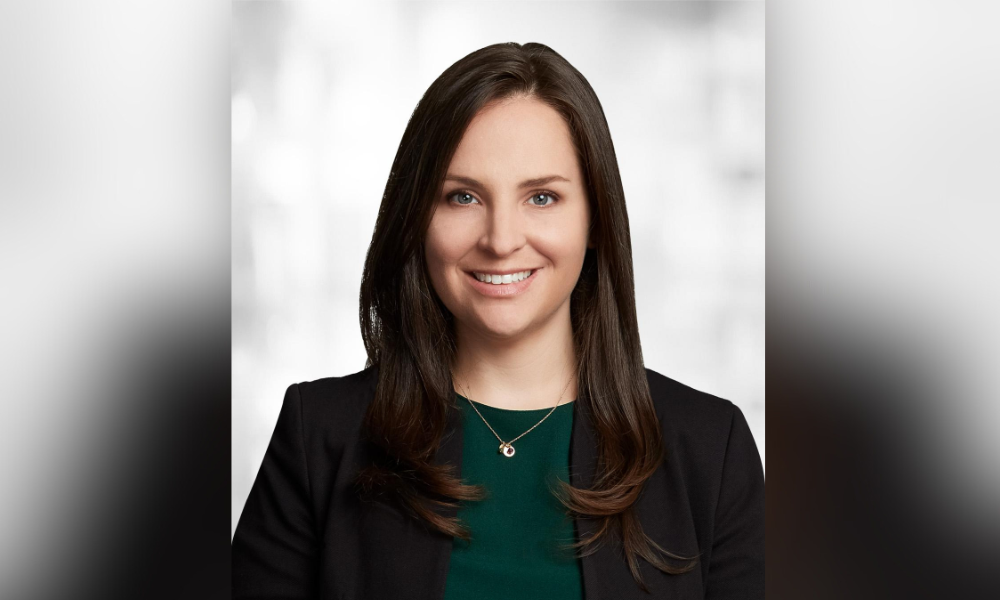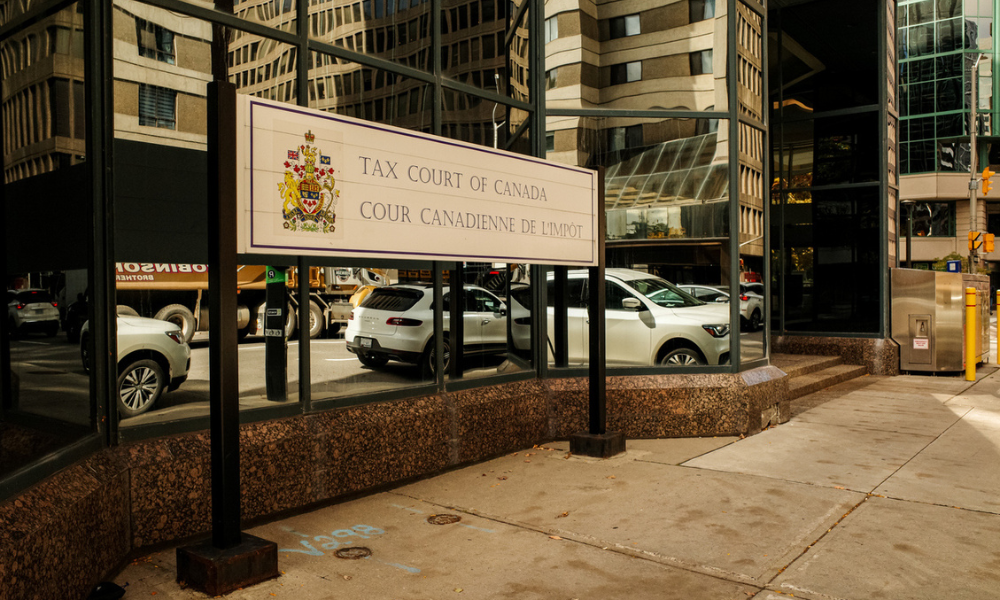The offer did not constitute a reasonable compromise: court

In a recent medical malpractice lawsuit, the court refused to award double costs, finding that the plaintiff’s Calderbank offer did not constitute a reasonable compromise.
In Khaleel v Indar, 2024 ABKB 203, the plaintiff, involved in a medical negligence lawsuit against Dr. Adrian Indar and initially against five other doctors and Alberta Health Services, has secured a favourable decision regarding legal costs after a complex battle over liability and costs issues. The trial focused solely on liability after the parties had earlier agreed to damages of $725,000.
During the proceedings, a notable point of contention was the plaintiff’s Calderbank offer of $700,000 plus costs, which Dr. Indar rejected. Post-trial, the court addressed multiple cost-related issues, including whether the plaintiff was entitled to double costs following the Calderbank offer, recovery of costs for non-testifying experts, and other specific disbursements.
The court decided against awarding double costs, stating that the plaintiff’s Calderbank offer did not constitute a reasonable compromise and thus did not warrant elevated cost penalties against the defendant. The court considered the nuances of the case’s liability aspects and the serious considerations both parties presented regarding their positions.
Regarding legal fees, the plaintiff sought $130,000 based on a contingency fee agreement entitled counsel to 35 percent of any damages awarded. The court acknowledged the high costs inherent to medical malpractice actions, pointing out the necessity of such fees under contingency arrangements given the risks and expertise required. The court deemed it reasonable to award 50 percent of these fees, amounting to $126,875.
The court also examined the costs related to expert witnesses. The court considered submissions for multiple experts, some of whom did not testify at trial. Given their initial relevance to the case's development, the court found it reasonable to recover costs for these experts. For instance, costs for one expert were partially awarded despite his inability to testify due to age-related issues, emphasizing that the expert's initial engagement was justified.
Furthermore, the court allowed full recovery of the costs for another expert, whose fees were uncontested by the defendant, and partial costs for the experts where duplication occurred or where the expert did not ultimately testify but had provided valuable initial insights.
Finally, the court ruled that disbursements for a dispute resolution meeting were not recoverable, aligning with legal precedents that exclude such costs unless misconduct occurs during the proceedings. However, costs for videography at a defence medical examination and for medical illustrations used at trial were deemed recoverable.









